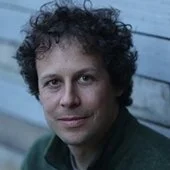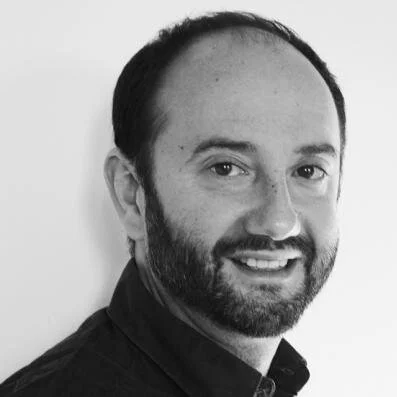How Can Investment Propel Climate Restoration? IBRAHIM ALHUSSEINI - Founder & CEO of FullCycle - Highlights
/Founder and CEO of FullCycle Fund
Is it okay that you benefit at the expense of everyone and everything else? Is that a way that you really feel like you are winning at life? If not, then reconsider what you’re doing and just realize that we all live in this inextricably connected closed sphere in the middle of space. Anything that harms one area harms every area. There is nobody who can escape dirty air, dirty water, dirty food, economic political disruptions, etc. We’re all in this together. So don’t fool yourself by thinking somehow you’re going to come out this unscathed and having ‘won’ while everybody else loses.




















